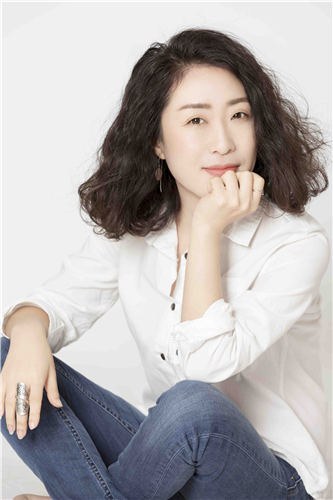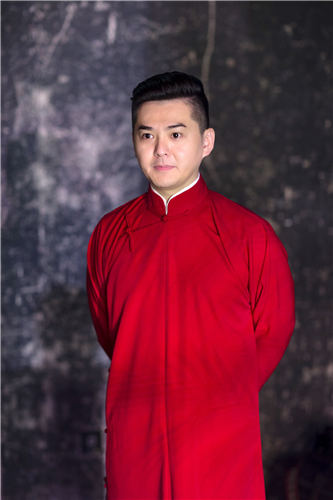 |
|
Bai Ailian. [Photo provided to China Daily] |
In 2014 Star Theater launched Xiqu Opera Black Box Festival, which gathers about 20 traditional Chinese opera shows by troupes from around the country every year.
Han, the project coordinator of the festival, says social media platforms are an important channel in communicating with young people. Audiences are invited to learn about the story lines of each show. For children, Star Theater also offers programs such as painting Peking Opera masks and wearing costumes. Ticket prices are kept afford-able at 100 yuan ($14.9), which has also helped bring in the crowds.
Ma Qian Po Shui, a Peking Opera show directed by the theater veterans Zhang Manjun, is regarded as the first Peking Opera show made for small theaters. The opera, premiered in 2000 and performed by actors of the Jingju Theatre Company of Beijing, including Yang Shaopeng and Zheng Xiao, tells the story of a troubled couple during the Han Dynasty (206 BC-AD 220), the wife, disgruntled with her life, leaving her husband. After he gains an official position and success she wants to return to him but he spurns her.
 |
|
Yang Shaopeng. [Photo provided to China Daily] |
"What really impressed audiences were the fresh approaches to story telling, such as flashback and interposed narration," says Bai Ailian, the director of the latest version of Ma Qian Po Shui.
"But they were also drawn in by themes touched on in the show, such as the causes of friction in a marriage and how money can subvert a marriage."
Star Theater will stage the show on March 26 and 27, featuring the same actors from the original version of the show.
"Though it's a Peking Opera show, audiences love it because they feel connected," Bai says, adding that the music also differs to that of traditional Peking Opera. In one scene the husband recalls the good days when the couple had just married. The guzheng is the only musical instrument played onstage, rather than the traditional gong and drum.